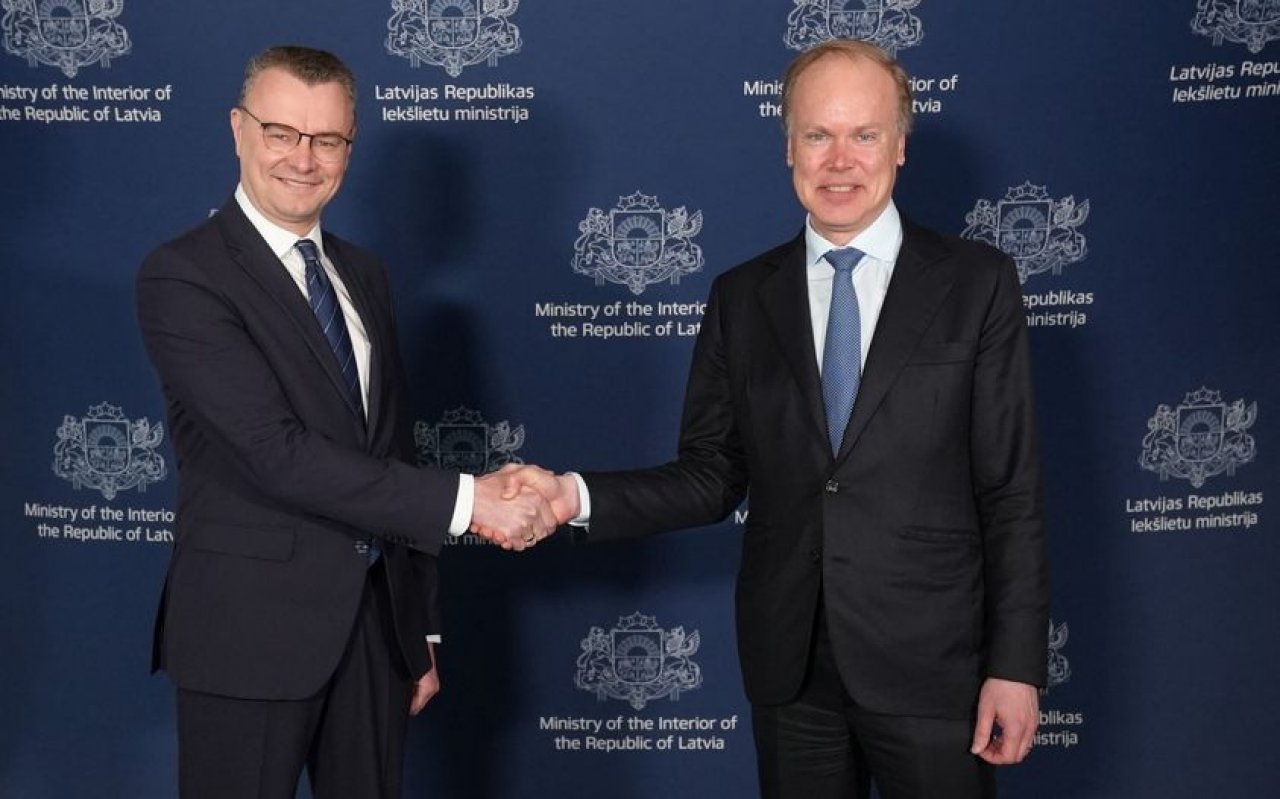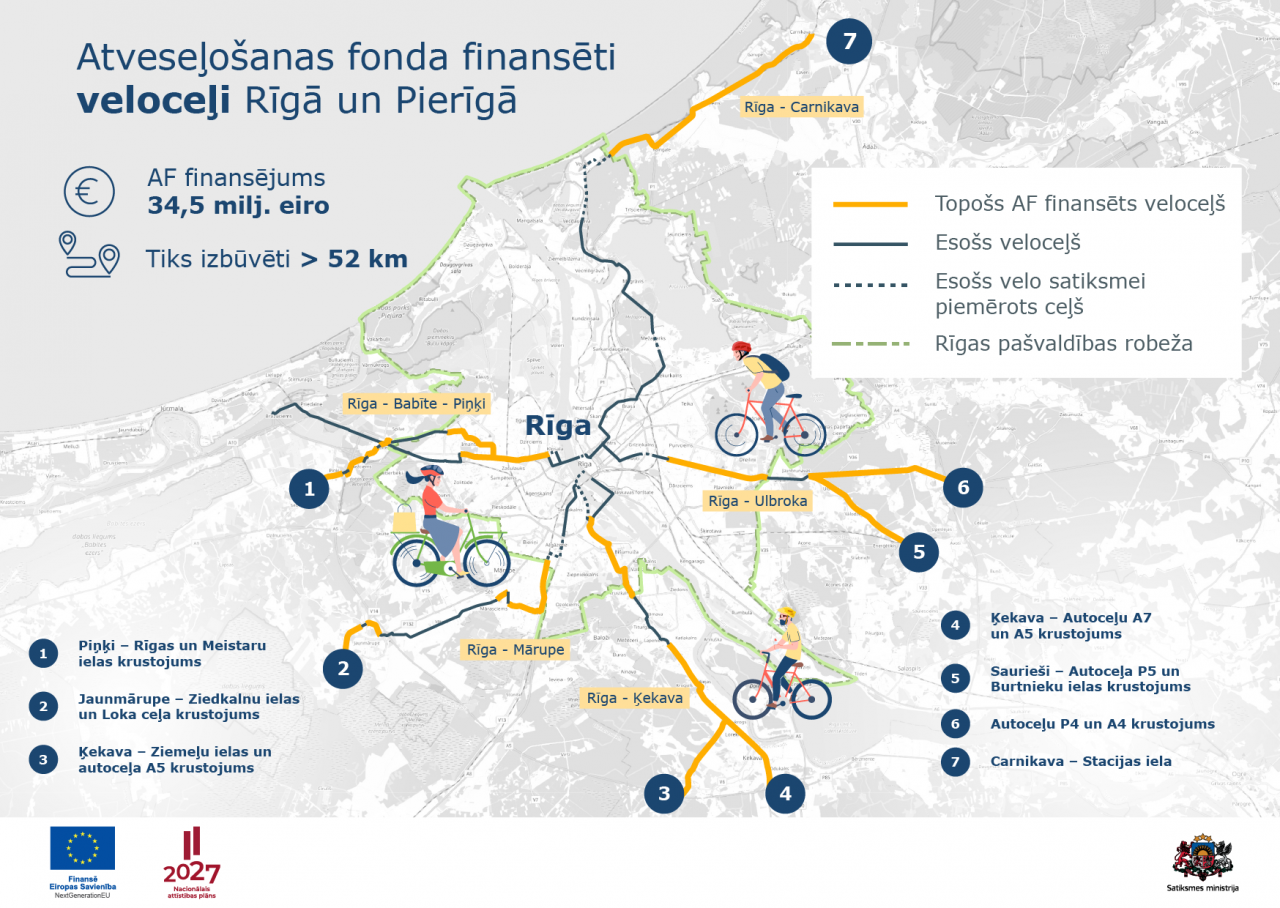On Tuesday, August 20, the Cabinet of Ministers reviewed the informative report prepared by the Ministry of Finance on implementation of the European Regional Development Fund, European Social Fund Plus and Cohesion Fund (EU Funds) in Latvia in 2021-2027. Simultaneously, Latvia is defending its position internationally and makes the necessary preparations at a national level for the timely start of the next planning period.
“The European Commission proposes to focus 65% of the European Regional Development Fund investments on the objectives of a smarter and greener Europe, which leaves little room for countries to deal with other major challenges, particularly in the areas of education, health and social inclusion. However, the position of Latvia is that the decision on the allocation of funding must be taken at a national level, as each country has its own challenges and investment priorities,” Jānis Reirs, Minister of Finance, indicates.
The European Commission (EC) intends to determine the thematic concentration of funding, with 35% and 30% respectively for smart Europe (research, innovation, entrepreneurship, digitalisation, skills) and green Europe (energy efficiency, circular economy, climate change adaptation, water management) from the financing of European Regional and Development Fund. At the same time, Member states with the remaining 35% of financing must deliver on the other thematic objectives - a united Europe, a Europe closer to the citizens and especially a social Europe, where the EC has identified several challenges for Latvia, e.g. in areas of social inclusion and health care. Latvia believes that flexibility regarding the redistribution of funding between areas and objectives at national level is a necessity for the most efficient investments in order to achieve the highest possible results.
It has already been reported that after 2020, Latvia will receive EU funding of 4.2 billion EUR, a decrease of about 13% compared to the current planning period. At the same time, it is planned to reduce EU co-financing rates to a maximum of 70% in the Cohesion policy plans. Latvia, in turn, urges the EC not to reduce the total EU funding for Latvia and to maintain co-financing rates in the amount of 2014-2020 planning period (for more information (in Latvian) on Latvia 's position, see here).
For a timely start of the new period, it is essential to maintain the existing institutional system for the implementation of EU funds, the success of which has been confirmed by the audit results so far. At the same time, in order to ensure that there is no funding gap between the current and future planning period of EU funds, Latvia is starting to develop planning documents on the state-supported priority areas. The informative report is the road map from Latvia that is expected by EC, outlining key milestones for the development of Latvia's EU funds planning documents and the binding regulatory framework for the 2021-2027 planning period.
The informative report (in Latvian) is available on the homepage of EU funds here.

